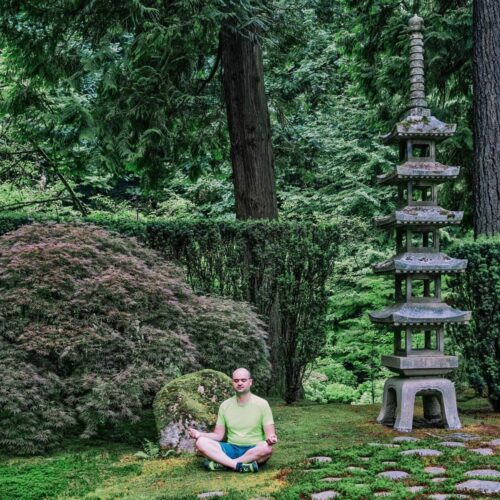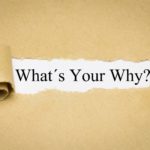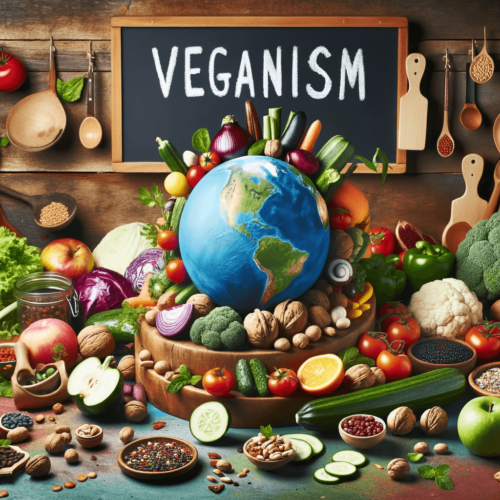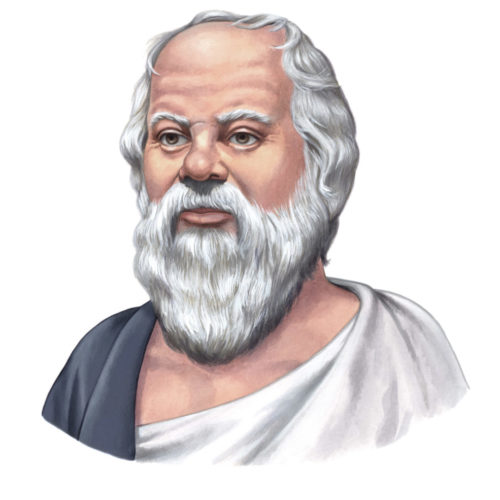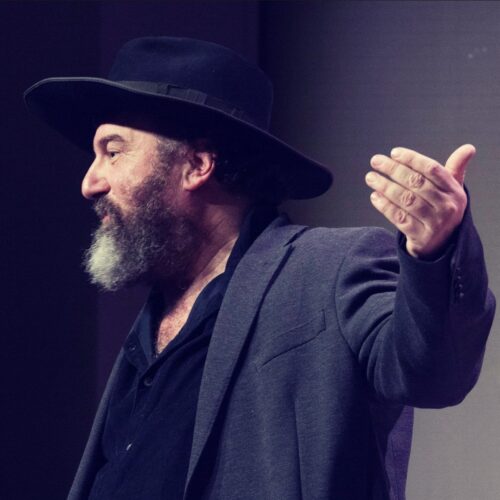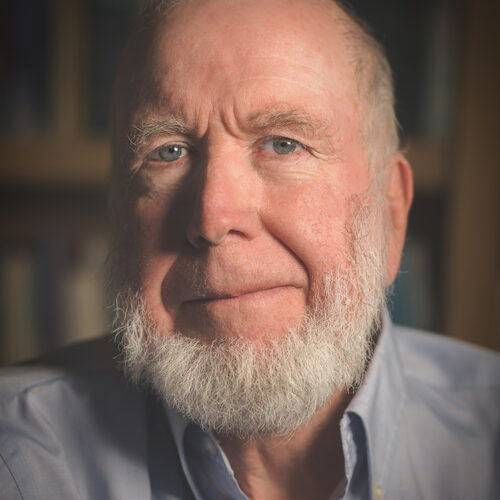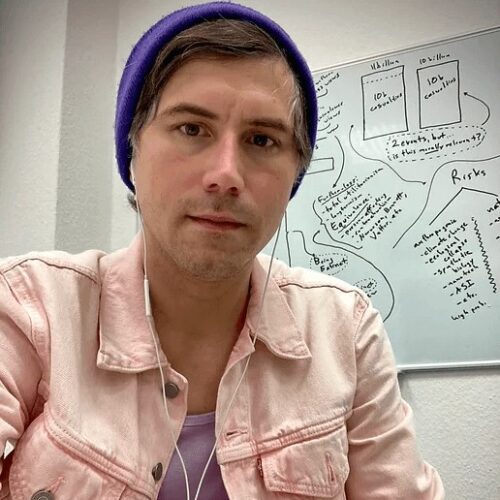Chapter 6: The Biology of Story
Socrates / Podcasts, ReWriting the Human Story
Posted on: May 31, 2021 / Last Modified: May 31, 2021
Podcast: Play in new window | Download | Embed
Subscribe: RSS
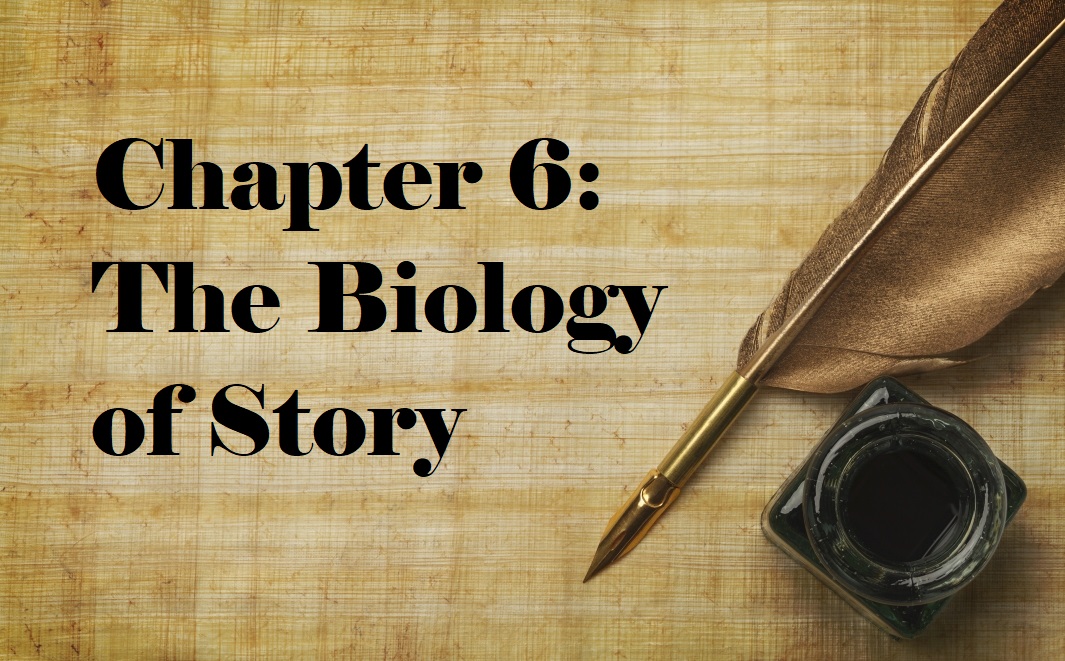 ReWriting the Human Story: How Our Story Determines Our Future
ReWriting the Human Story: How Our Story Determines Our Future
an alternative thought experiment by Nikola Danaylov
Chapter 6: The Biology of Story
Most people believe the mind to be a mirror, more or less accurately reflecting the world outside them, not realizing the contrary that the mind is itself the principle element of creation. Rabindranath Tagore
It is arguable whether it is proper for us to be classified as Homo Sapiens because it is arguable as per how wise we actually are. But, in this chapter, I will claim it is much less arguable that we are proper Homo Narrative. Because even before the time humans started to huddle around campfires, even before we were able to speak, story was at the core of what is human.
Human biology has evolved around and wired for 2 main types of stories:
The first one is the story our human brain tells us about the world and who we are in it. Because our brain has evolved to produce a single story of “reality”. And that story isn’t strictly true, comprehensive, or accurate. Rather it is a story designed to make sense to us. Because our brain is able to perceive only a tiny fraction of the universe around us. It has evolved to filter out a number of crucial details and take shortcuts into creating the story of the outside world inside our heads. And we have developed a variety of evolutionary, physiological, and psychological biases. Thus, according to neuroscientist Anil Seth, our brain’s story is a single, unreal, “hallucinated” story. And, since we are all hallucinating all the time, Dr. Seth claims that “reality is just a hallucination majority of people agree upon.”
In other words, reality is a story. A story that a sufficient number of people accept as true. Furthermore, we don’t just passively experience the world but we actively generate it. So it comes as much from within as it comes from without. Finally, story is the natural way in which the mind takes in data from the outside world and then processes it so that we can make sense of it.
The second type is the story we tell and hear from others. Because we are evolutionarily selected for being good storytellers and good listeners. This is due to the fact that story is the best way of communicating information, especially when we had no writing. So people who told the most captivating stories usually had the most crowded campfire and rarely went hungry. Those who remembered well the stories about the migration of the herds, the seasons of the year, the best ways of securing water, food, shelter, and fire, had the best chance of survival. Those who didn’t were less likely to survive and pass down their genes.
So whether it is perceiving and processing the world inside our heads, or sharing practical information with others, story is critical to human survival. And, in biology, things that provide benefit to survival get selected for.
Now that we have some general idea about the biology of story let us look at 2 interesting examples:
When my wife Julie was 7-years-old she had a problem with warts. The dermatologist gave her a prescription but it didn’t work. Then he gave her another one but that didn’t work either. He tried freeze-burning the warts with the same success. He kept trying different things but for over a year of treatment, the warts were not only still there but now spread from one to both hands. Finally, after trying everything else without success, the dermatologist said he had just received a new miracle treatment but Julie had to visit him monthly for 6 months and get a shot in her bum. Now, my wife has always been very needle and blood averse but she really hated her warts. So she had no choice but to do what she had to. And, after 4 or 5 months of injections, the warts were gone. Then on the last month, her mother asked the doctor:
“What is this new miracle treatment that finally managed to cure all my daughter’s warts?”
“Oh, that”, said the doctor. “That miracle treatment is called placebo.”
What is a placebo? Placebo is a story. A story about a medicine that you thought you took but never did. Yet it often works. Like my wife, many people experience either a measurable improvement in their medical condition or alleviation in terms of suffering, sometimes both. So, the story actually makes a medical difference in a measurable portion of the population. According to Dr. Matthew Bruke from Sunnybrook Health Sciences Centre, patients who believe a treatment will work and are treated kindly by a trusted clinician, do better. Take these factors away, and studies have found lower results for active treatments as well.
Current research also suggests that detailed treatment “rituals” – like injections or IV placebos, tend to lead to a stronger response than sugar pills. Other studies have found high placebo effects for long-accepted treatments such as surgery for shoulder pain and stents for angina, where researchers found no significant difference in patients who thought they received the procedure than those who actually did. In fact, Dr. Burke suggests that if those treatments were put through a placebo-designed trial today, they would have trouble getting approved.
It is hard to argue that placebo is not a fantastic example of the biology of story. Another fascinating case is that of memory champions who use a spectrum of tricks to help them remember. One of their most powerful tools, however, is inventing a fictional story that allows them to link chronologically a very long list of random and seemingly incompatible items. An interesting element of this fictional story is that the crazier and less plausible it is the easier it is to remember. Another one is that it turns out linking information to a narrative and a place may help memory more than linking information to a place alone.
I hope that the above examples have demonstrated that humanity is properly Homo Narrative because we have evolved and are wired for story. So much so that even when we fall asleep our minds can’t help it but keep spinning more stories that we call dreams. That is how fundamental the biology of story is to our species. As Jonathan Gottschall observed:
We are, as a species, addicted to story. Even when the body goes to sleep, the mind stays up all night, telling itself stories.

